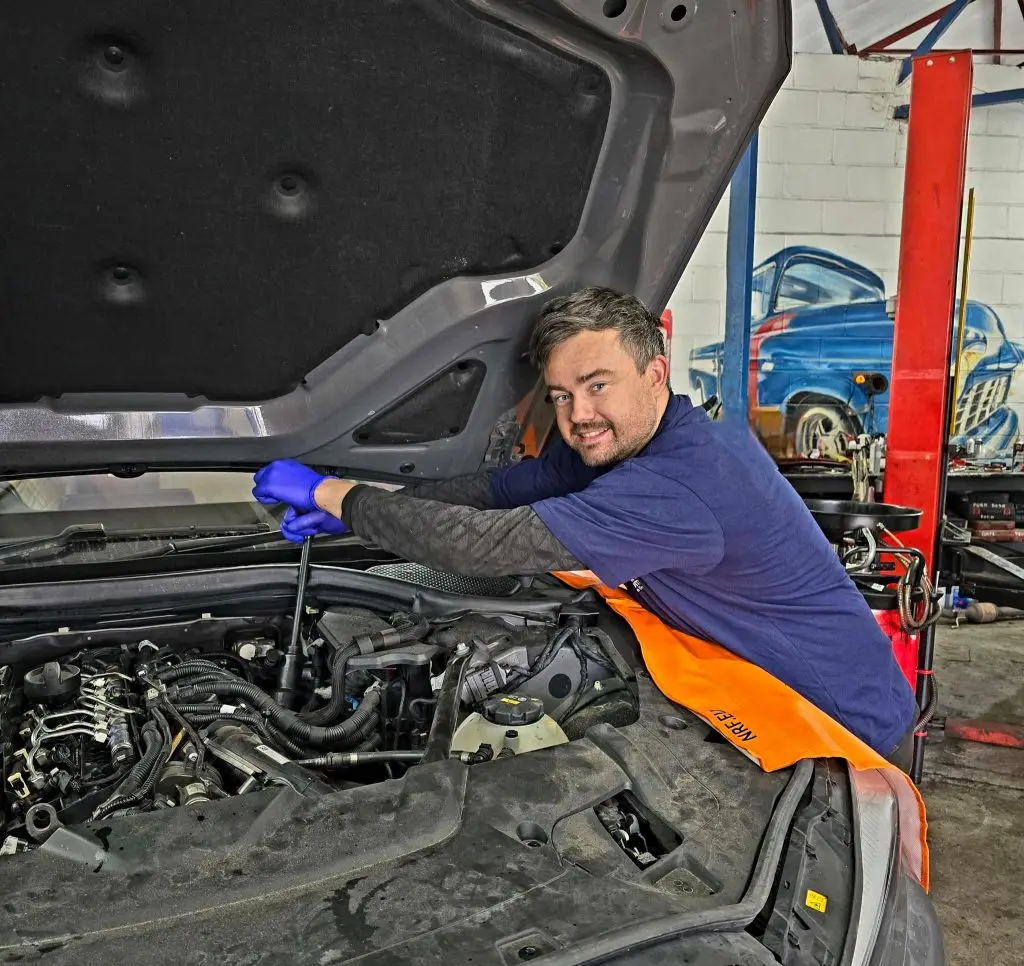Schedule Your Appointment Today
You can either phone or email us, or leave your details via the contact form. We will get back to you ASAP to confirm the booking.
MS Cars, Worksop
- 01909 477849
- mscars@live.co.uk
- MS Cars Worksop Ltd | Unit 1 - 1a Carlton Phoenix Ind. Est. | Kilton Rd | Worksop | Notts | S80 2EE








